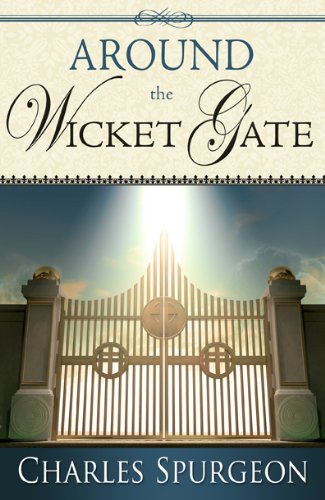Description
CHARLES SPURGEON
Borrowing from John Bunyan’s The Pilgrim’s Progress, legendary preacher and author Charles Spurgeon presents an allegory that begins with the image of the wicket gate, the entry point to the straight and narrow way that all pilgrims must follow to reach the Celestial City.
While everyone on the road to salvation must eventually pass by this way, Spurgeon focuses on “a smaller company, who are not far from the kingdom, but have come right up to the wicket gate which stands at the head of the way of life.” Though close in proximity to the path of salvation, for some reason, they have chosen not enter the gate! Spurgeon explores why.
In his powerful and persuasive manner, Spurgeon employs colorful descriptions and concrete examples of both the best and the worst of human behavior to communicate the importance of affirming faith and salvation in Jesus Christ.



